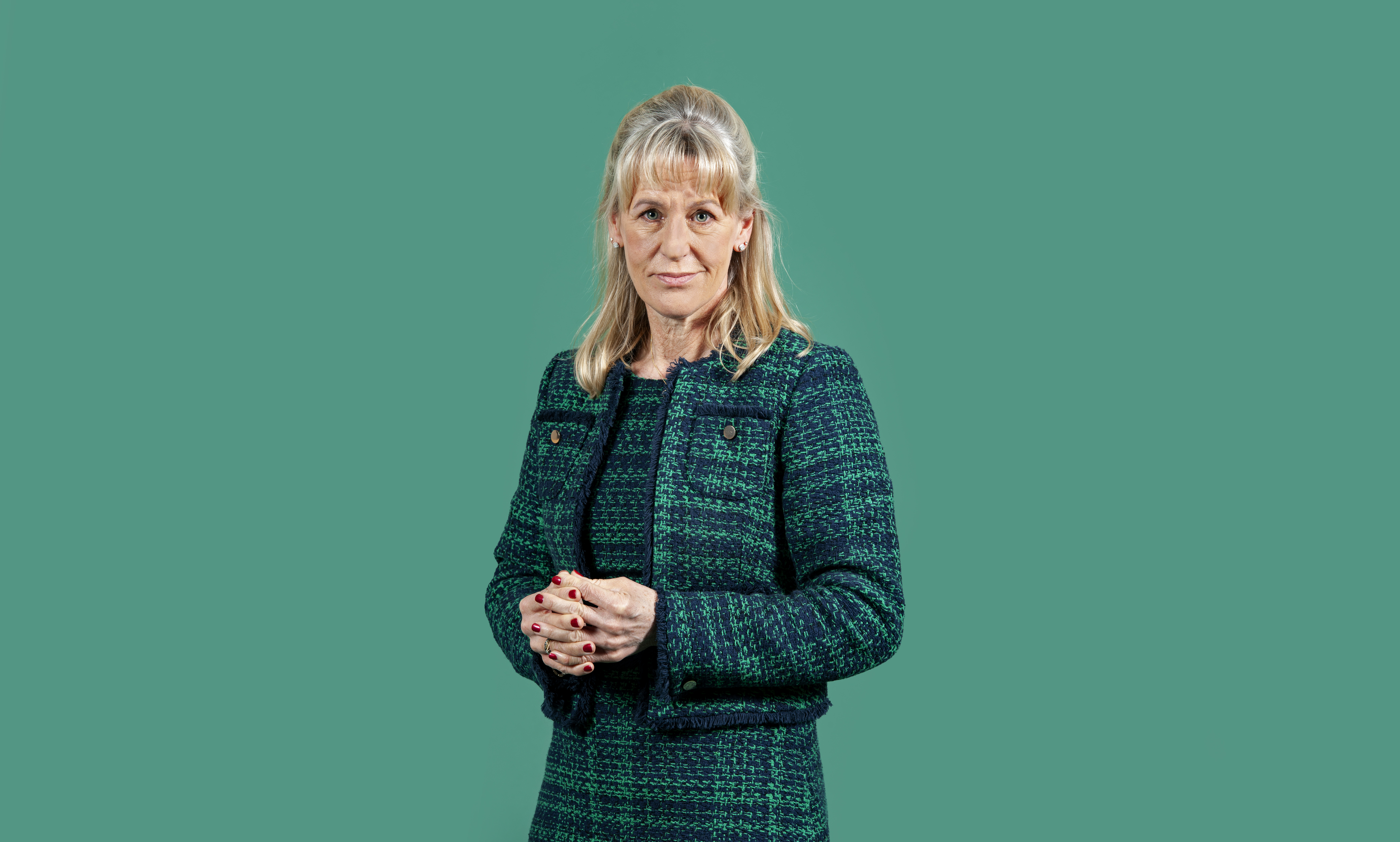Just three months ago, Ukraine was a key cog in keeping the world fed. It provided food for over 400 million people internationally. Now, if farming wasn’t challenging enough, many of those farmers face the unimaginable situation of trying to farm through a conflict. Where productive wheat fields are now littered with land mines, where cattle are bombed and where even on farms which have escaped the worst ravages of the war, it’s very difficult to get hold of seed and fuel.
As the rest of the world watches in horror at what is unfolding, we are forced to answer a question we have avoided for far too long. How are we going to feed the world?
Importance of food production at home
The climate crisis, a rising global population and political instability are not going to go away. Suddenly, hunger has come into sharp focus and while richer nations may manage to avoid the ‘apocalyptic’ (to quote the Governor of the Bank of England) crisis that is looming, we still have a global moral responsibility to play our part in focusing on food production.
If we don’t place importance on the production of food at home, then we import more food from the rest of the world. This would worsen the global situation.
Impacts of cost of living increasing
Like many others, British farmers are facing dramatic cost increases, exacerbated by the war, which threatens our ability to produce food. On my own beef, sheep and arable farm in Wiltshire, our fertiliser bill this year will increase by around £26,000. The cost of fuel, feed and labour have also all increased.
Now more than ever, the importance of national and international food supply has been put into perspective. If we are to tackle the global feeding challenge, the UK government needs to take food production and the resilience of our supply chains seriously and commit to ensuring that our own food production does not decline, something which government has so far refused to do.
The need for national food strategy
The nation needs a food strategy that puts sustainable food production at its heart. A strategy that enshrines in law the need for our government to ensure the resilience of UK agriculture and domestic food production, to maintain long-term food security both here and for the rest of the world. I believe we all have a moral obligation to do just that.
